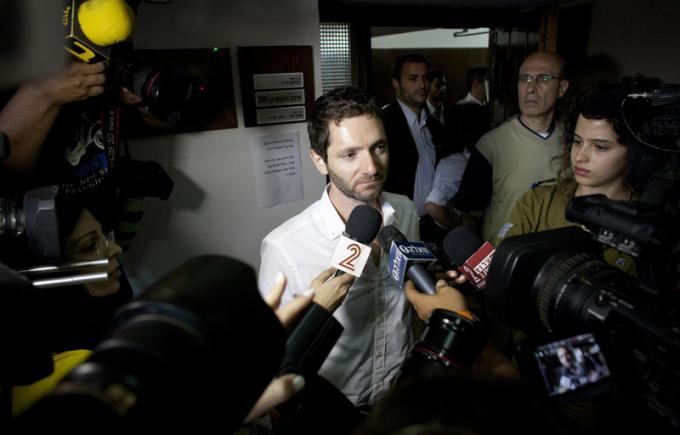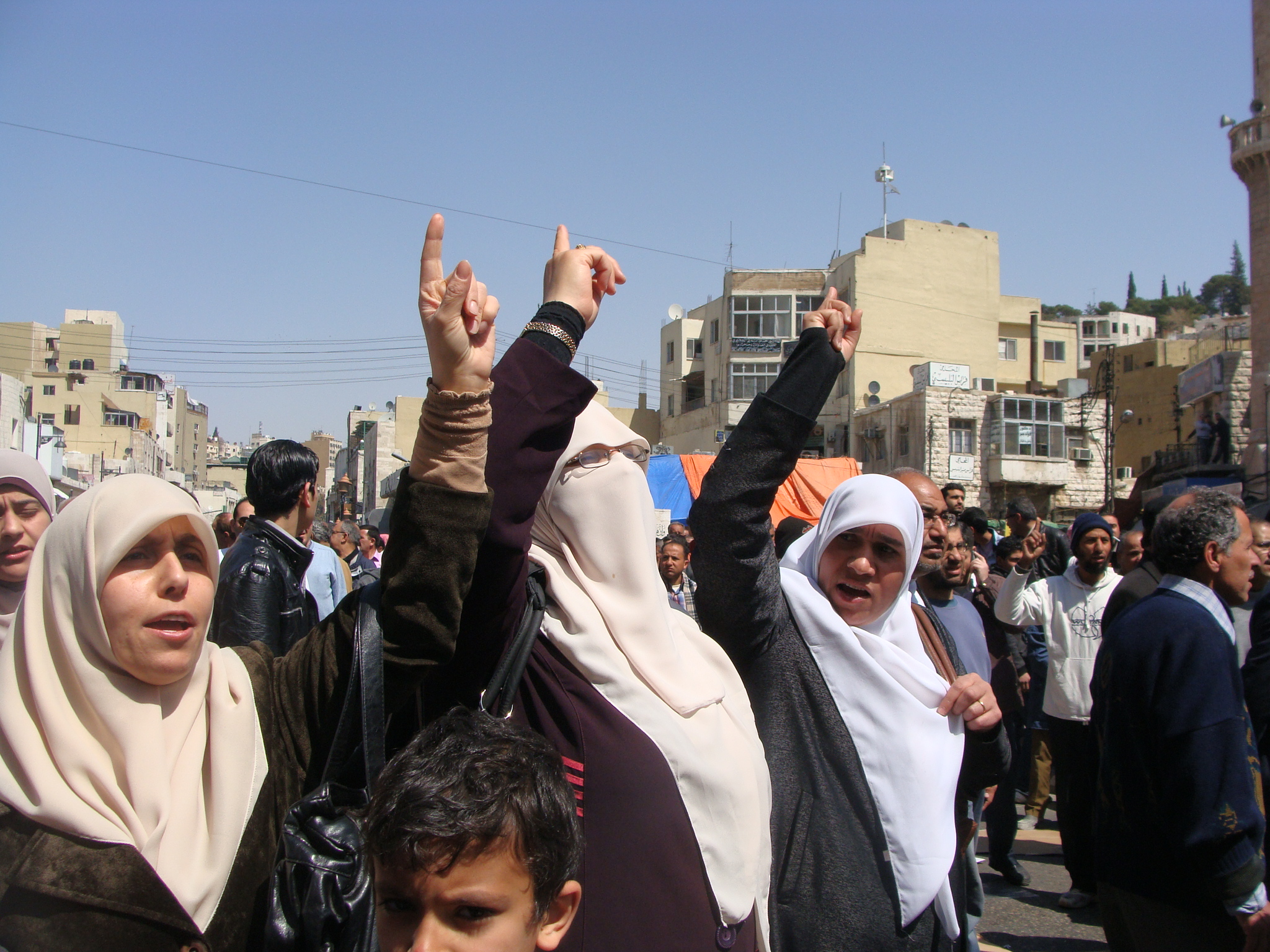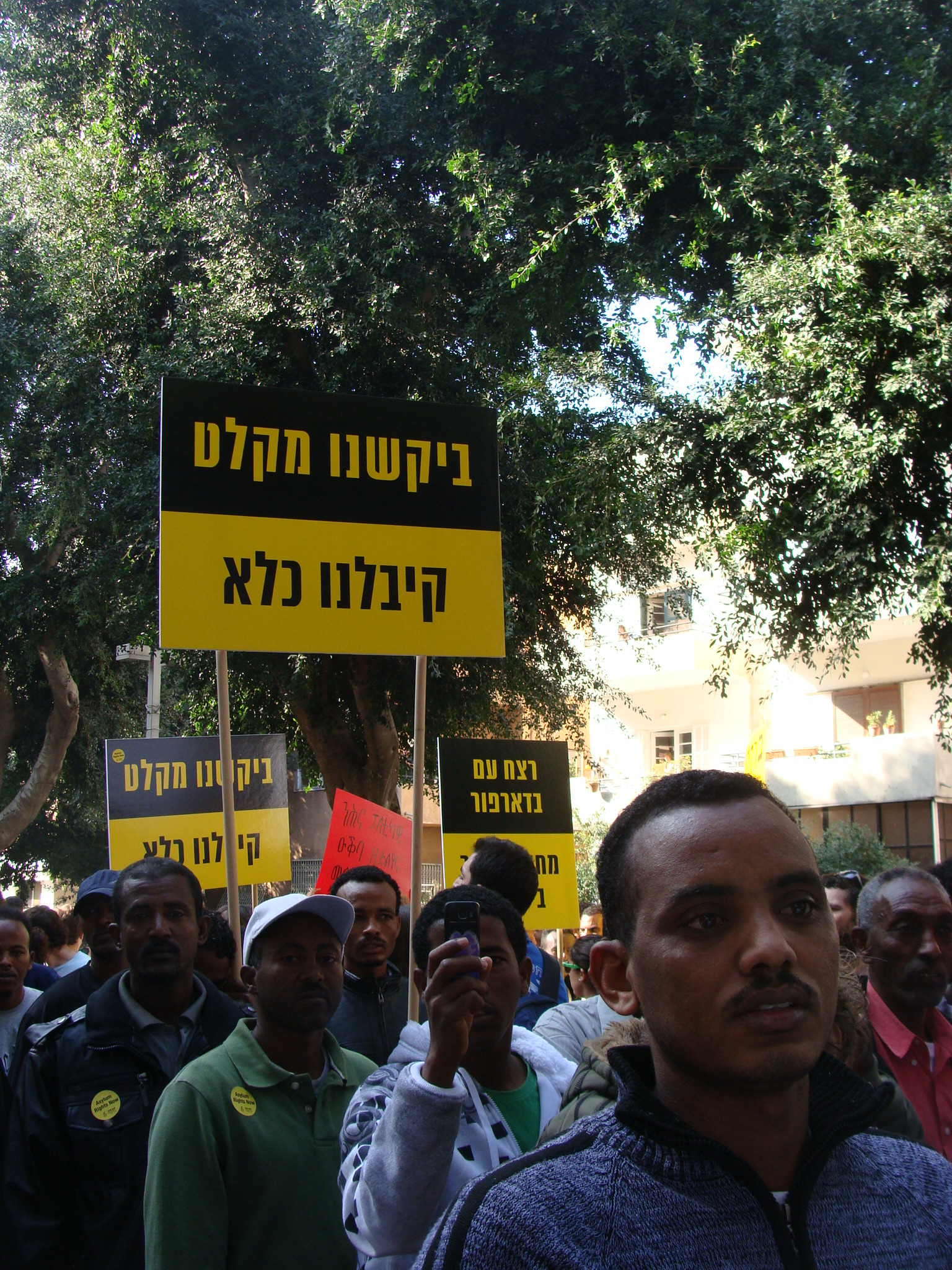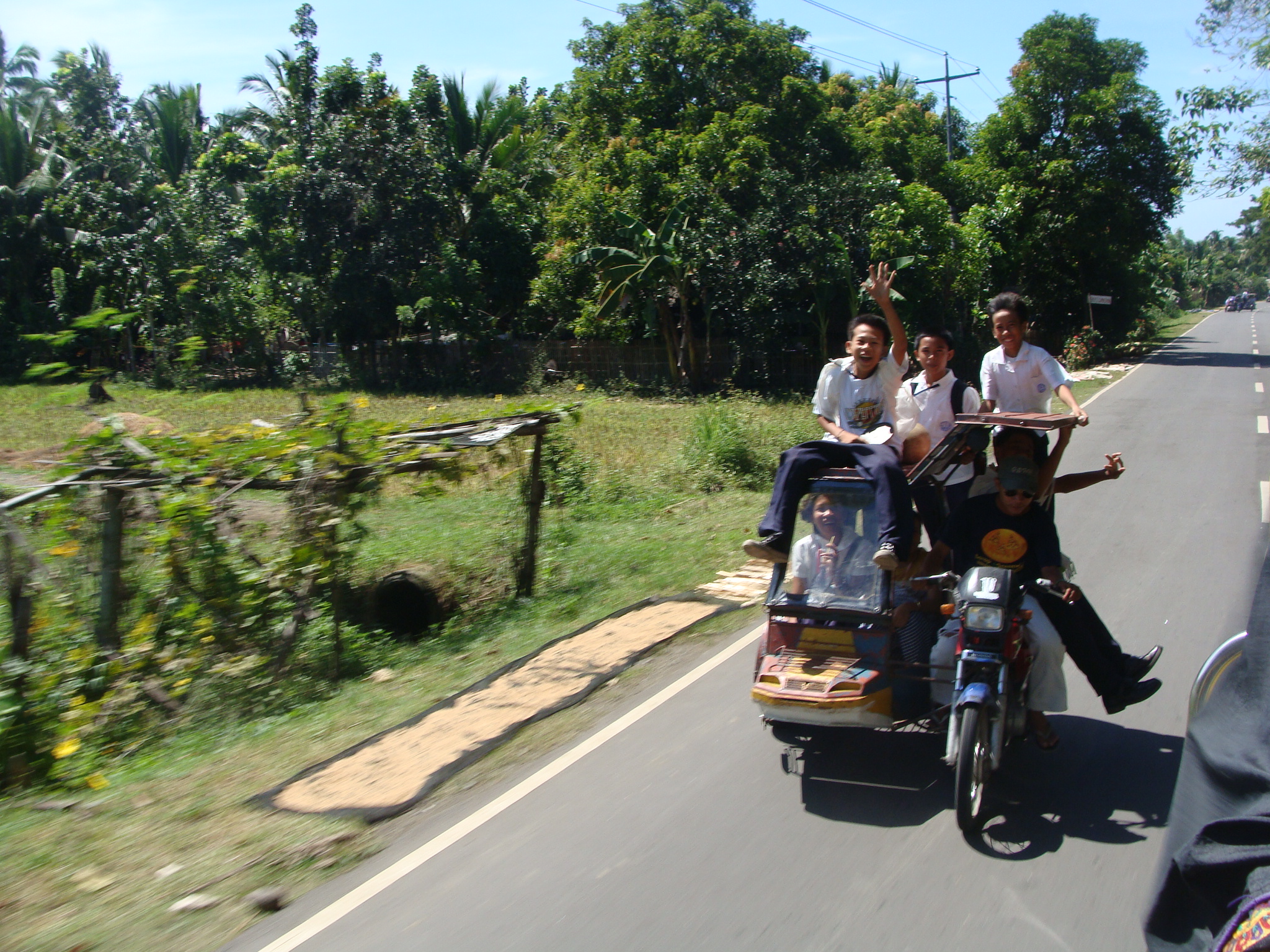The Caravan: A journal of politics and culture, December 1, 2012
As is the case at most falafel stands across the country, the radio station of choice at my neighbourhood falafel stand is the Israeli Defense Forces’ Galgalatz. The station, I thought yesterday afternoon as I waited for lunch, is inescapable. It blasts from my neighbours’ stereo on Friday mornings; it drifts from the windows of passing cars. From clothing stores to coffee houses, it’s “Gal-Gal-Gal-Galgalatz”, as the jingle goes, “because of the music”.
The station plays a mix of Israeli and international pop (excluding that from the Arab world, of course). But the feeling of normality is broken by the top-of-the-hour-every-hour news bulletins that follow an alarming series of beeps, reminiscent of those that signal an emergency broadcast, lest listeners forget we are surrounded by “enemies” and that we are in a state of war. This radio station is run by the IDF, after all.
In recent days, there has been another reminder that Galgalatz is government-owned and soldier-manned—the station has refused to play a new song by famed Israeli musician Yizhar Ashdot. Titled ‘Inian Shel Hergel (A Matter of Habit)’, the song is highly critical of Israel’s military occupation of the West Bank and describes, in explicit detail, soldiers’ abuse of Palestinians. As military service is mandatory and nearly every Israeli has a relative, friend, neighbour or acquaintance in uniform, the army is something of a holy cow. No matter what one thinks or feels about the occupation, you don’t criticise ‘our’ soldiers.
While Galgalatz has taken flak for its decision, others support the station’s choice. “I don’t think [Ashdot] should even be called a singer,” a commentator on the radio remarked yesterday as I waited for my falafel.
Maybe it’s just a song; and maybe it’s unrealistic to expect a station manned by soldiers to play something critical of soldiers. But the controversy over Ashdot’s song is symptomatic of a larger crisis in Israeli media, which has suffered in recent years as the government has, in numerous instances, clamped down heavily on freedom of speech.
For instance, during Operation Cast Lead, the December 2008-January 2009 war between Israel and Hamas, both local and international media were banned from entering the Gaza Strip to cover the conflict. Even after the Israeli Supreme Court overturned the ban, the press was still not allowed to enter—suggesting that the army and the state hold little regard for the judiciary.
In July 2011—just days before Israeli protesters pitched tents in Tel Aviv to protest the ever-rising cost of living—the Knesset, the Israeli legislative body, passed the Boycott Law. The legislation penalises public calls to boycott individuals and institutions that represent the state of Israel, as well as Israeli goods, including those produced in the West Bank settlements—though many argue that the settlements themselves are illegal under the Fourth Geneva Convention. Those who break the Boycott Law are subject to stiff fines. The legislation drew widespread criticism from both the right and the left as an unconscionable curb on free speech—and, by extension, democracy—in Israel; this is particularly significant since Israel has long-promoted itself as an oasis of democracy in the Middle East.
The legislation has had a chilling effect on Israel’s media, which finds itself unable to print opinion editorials that support boycotts. According to some observers, the July 2012 conviction of journalist Uri Blau has further frightened reporters and editors into silence. A reporter for the prestigious, left-leaning newspaper Haaretz, Blau received classified military files from a former soldier Anat Kamm. After he used the leaked information for several articles that were critical of the Israeli military, Kamm was arrested and eventually sentenced to four-and-a-half years in jail; this, despite the fact that the articles had passed through and been approved by Israel’s military censor. Blau’s own conviction in the case resulted in four months’ community service. According to Haaretz, Jack Hen, one of Blau’s attorneys called the prosecution “precedent-setting… The public’s right to know and freedom of the press were seriously damaged by the decision to put a journalist on trial.”
Other factors, too, have long undermined the country’s freedom of press—such as the military censor, which has the power to pull any story it deems a threat to national security. Also of concern is the influence of oligarchs in leading publications, such as Israel HaYom (Israel Today), owned by Sheldon Adelson, an American billionaire and staunch supporter of Prime Minister Binyamin Netanyahu. The paper, which openly promotes Netanyahu’s Likud party, is distributed for free throughout the country, reportedly at a loss for Adelson.
Ben-Dror Yemini, who is a columnist for Maariv, the country’s third most widely read paper, has calledIsrael HaYom a “danger to democracy”. But the editorial voice of the relatively independent Maarivitself has been susceptible to pressures. Speaking of 2011’s tent protests, which were anti-capitalist in nature, Maariv reporter Haggai Matar said that there was “less coverage or negative coverage in the privately owned papers. In the case of Maariv, support would risk the other parts of the company.”
Publications also worry about losing readers if they are too critical of the establishment. “The attempt to be accepted by the mainstream and not scare readers or viewers away and not to be branded as the ‘leftist media’ has an effect, especially on coverage of the [Israeli-Palestinian] conflict,” said Matar.
This kind of self-censorship in the Hebrew media starts with reporters, who are sometimes fresh out of the army themselves, and reluctant to criticise the military. It occurs at the level of language, with outlets repeating the government’s words rather than using neutral terms; one example is the Israeli media’s tendency to call African refugees “infiltrators”—a loaded term favoured by right-wing politicians. Human rights organisations say that using the word “infiltrators” is akin to incitement.
Censorship also occurs at the editorial level. In 2009, a reporter for Yedioth Ahronoth—Israel’s second-most popular daily—wrote a lengthy exposé about Israeli military officers intentionally breaking the rules of engagement during Operation Cast Lead. Editors killed the story. Eventually it was published inThe Independent, a British newspaper, instead.
Haaretz is one of the few publications whose writers are consistently critical of government policies, the army, the occupation, as well as the oligarchs who have increasing economic control. In the words of Uri Tuval, an editor at Haaretz and a member of the newspaper’s union: “[Haaretz] is the only independent newspaper in the country without political or capitalist interests. We have absolute freedom.”
But Haaretz represents only a sliver of the Israeli market, pulling in between five to 10 percent of the country’s readers. And like many media outlets in Israel and around the world, Haaretz is struggling to convince subscribers to pay for news they can find for free on the Internet. In an attempt to tighten its fiscal belt, the newspaper has laid off dozens of workers; more pinks slips are soon to come. Both former and current employees report that the newspaper’s wages have been stagnant for years while rents and expenses throughout the country continue to spiral upward. Tuval and other Haaretzemployees have protested the paper’s downsizing—a recent, day-long strike brought the paper to a temporary halt.
Some observers say that market pressures—both to adopt a more conservative stance, as well as to compete with free online sources of information—could force Haaretz to close. “The fall [of Haaretz] is predicted because some people won’t subscribe to the printed paper,” Tuval said. But in his view, the paper will survive this challenge. “We’re not a big paper. We were never a big paper,” he said. Haaretz’s small size, in Tuval’s view, will allow it to survive through these turbulent times in the Israeli media, without compromising on its liberal editorial vision.



